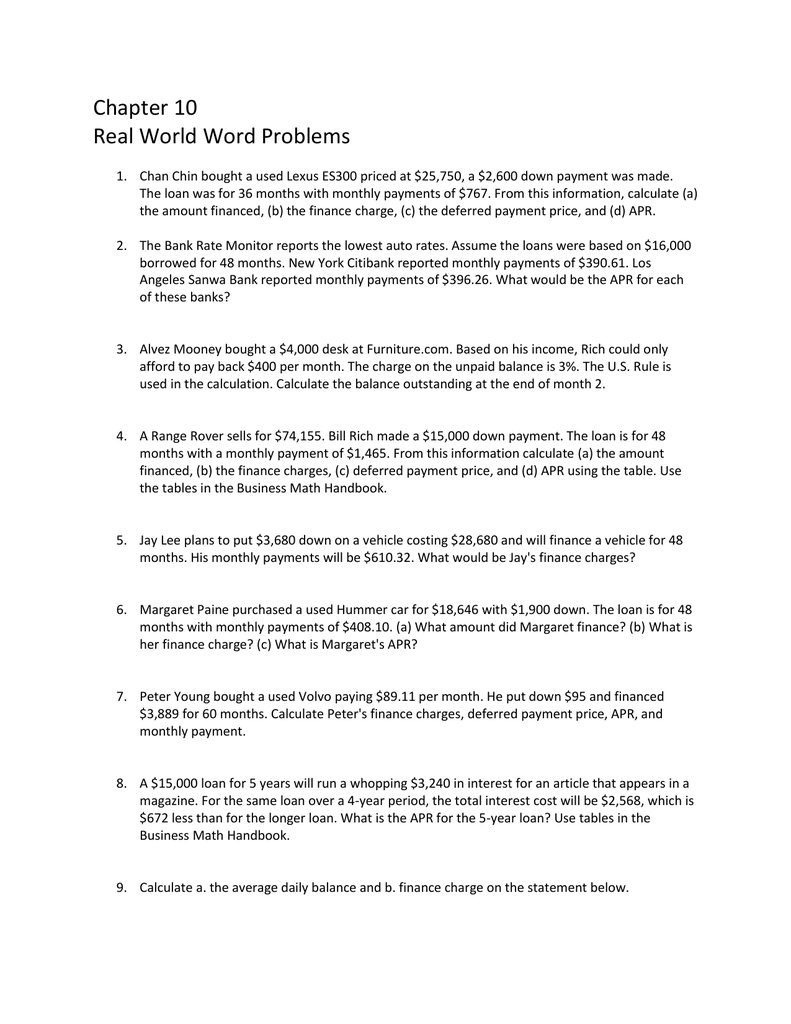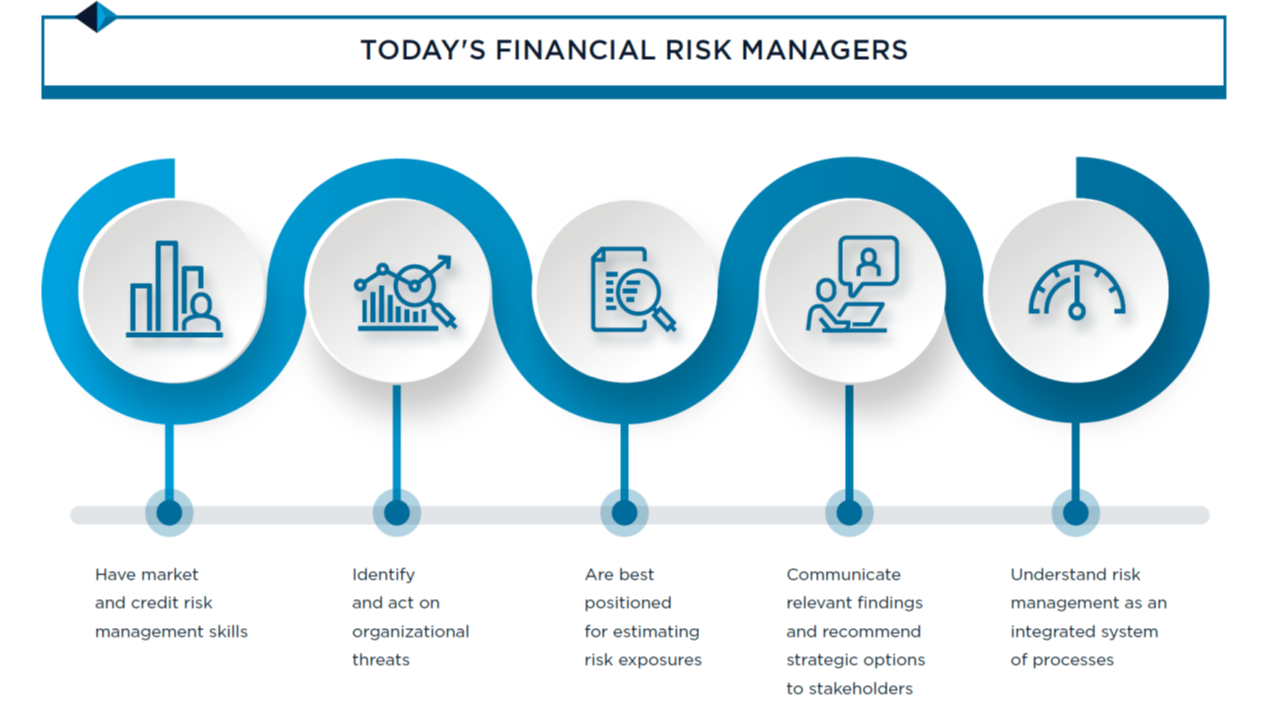The assignee has a lien on the vehicle and can repossess if you do not pay. Co-signer A co-signer is a personsuch as a parent, close family member, or friendwho pledges to repay the loan if you do not. This can be an advantage both to you and your lending institution. A co-signer takes full obligation to repay the loan. Having a co-signer on your loan provides your lending institution additional assurance that the loan will be repaid. If you do not repay your loan, your co-signer will be accountable for repayment even if the co-signer never drove your vehicle. If you've been asked to co-sign a loan, you must consider how it will affect your finances. In some states, the law enables the creditor to reclaim your car without going to court. For additional information, consisting of meanings of common terms used when funding or leasing a cars Click here to find out more and truck, check out "Understanding Car Financing," jointly prepared by the American Financial Services Association Education Structure, the National Auto Dealers Association, and the FTC. To buy print copies of "Understanding Vehicle Funding," call the AFSA Education Structure: (888) 400-7577.
A finance charge is a cost troubled a consumer for getting credit. Financing charges consist of interest on debt balances and any extra costs enforced by the credit-issuing entity. Below, you'll discover typical examples of finance charges that consumers face, and some suggestions for decreasing the effect of these costs. A financing charge is any cost a customer encounters in the process of acquiring credit and paying back financial obligation. Finance charges usually featured any kind of credit, whether it's a credit card, a service loan, or a home mortgage. Any quantity you pay beyond the amount you borrowed is a finance charge.
Among the advantages of having a credit card is that you can obtain money without having to settle your balance completely each month. Nevertheless, taking your time to repay your debt comes at a rate. Your issuer will charge interest on any balance not paid off by the end of the month. That interest cost is a finance charge. If you miss out on a minimum payment deadline that falls beyond a grace period for your credit card, you could be charged a late payment fee, which is another example of a finance charge. Financing financial obligation is huge organization in the U.S.
3 trillion. That's a 1. 1% increase because the fourth quarter of 2019, when household debt was currently 26. 8% greater Check out this site than it remained in 2013. The majority of that debt (if not all of it) will include financing charges such as interest charges and loan processing costs. Finance charges are determined each billing cycle based upon the current prime rate. As of July 15, 2020, the Wall Street Journal computed the prime rate to be 3. 25%. This rate fluctuates in response to market conditions and Federal Reserve policy, so your capacity finance charge might vary month-to-month (Why are you interested in finance). If you have a fixed-rate loan, the financing charge is less most likely to vary, though it may still fluctuate based upon aspects such as your Find more info payment history and timeliness.

What Does Leverage Mean In Finance Fundamentals Explained
Credit card providers may compute finance charges utilizing your daily balance, approximately your day-to-day balance, the balance at the beginning or end of the month, or your balance after payments have actually been used. Your credit card arrangement might likewise include a minimum financing charge that's used anytime your balance is subject to a cost. For example, your credit card terms might include a $1 minimum financing charge, so if a billing cycle's charges are $0. 65, that'll be assembled to $1. You can minimize the quantity of interest you pay by decreasing your balance, requesting a lower rates of interest, or moving your balance to a credit card with a lower interest rate.

Financing charges can be listed in a number of put on your month-to-month credit card billing declaration. On the very first page of your billing statement, you'll see an account summary listing your balance, payments, credits, purchases, and any interest charges. In the breakout of deals made on your account throughout the billing cycle, you'll see a line item for your financing charge and the date the financing charge was examined. In a different area that breaks down your interest charges, you'll see a list of your financing charges by the type of balances you're bring. For example, if you have a purchase balance and a transfer balance, you'll see information of the financing charges for each.
For home mortgages, regular monthly payments are separated into principal and interest payments, in addition to extra expenses like real estate tax. In this case, the "principal" portion of payments would not qualify as a finance chargeit simply goes towards decreasing your debt balance. The interest payments, on the other hand, are a financing charge. Making your minimum credit card payment is normally enough to cover your finance charge plus a small portion of the balance. Nevertheless, if you're just paying the minimum payment, your balance won't decrease by that muchit takes the bulk of a month-to-month payment simply to cover interest charges. Considering that your balance isn't decreasing significantly, you'll deal with another interest charge during the next billing cycle.
For those with considerable debt, the minimum payment may not cover the month's finance charge. In this case, paying the minimum will result in a larger balance. Decreasing financial obligation will need payments beyond the minimum. A financing charge is an expense troubled a customer who obtains credit. Financing charges consist of interest charges, late fees, loan processing fees, or any other expense that surpasses repaying the amount obtained. For lots of kinds of credit, the financing charge fluctuates as market conditions and prime rates change.